Thesis - MA Design for Social Innovation and Sustainable Futures
University of the Arts London
Mentor - Emily Briselden-Waters
Research | Concept | Social Innovation
BACK TO SCHOOL
This project looks into the Indian educational system as a means to make adolescent mental well-being more acceptable and accessible. However, the context of an educational system not only consists of students but also several other sets of people, teachers being one of the most important ones. Mental health is not an individualistic problem. In an education system that is hierarchical, it becomes more of a structural issue that needs to be considered holistically. Each one’s actions affect the other. It is a co-dependent relationship where mental health is in relation to one another. So if we ask how are the students doing it is also essential to ask the same of the teachers?
M O T I V A T I O N
Coming from India, I have observed how the acceptance of talking about mental health has increased over the years. However, I remember it hasn't always been this way. In the past talking about mental health was considered a bigger taboo. When I was growing up, I had no exposure to the importance of mental well-being or the awareness of why it is an essential aspect of my overall personality and a central part of my well-being. It was my experiences with the Indian education system while growing up and the lack of awareness of mental well-being that motivated me to pursue this project further.
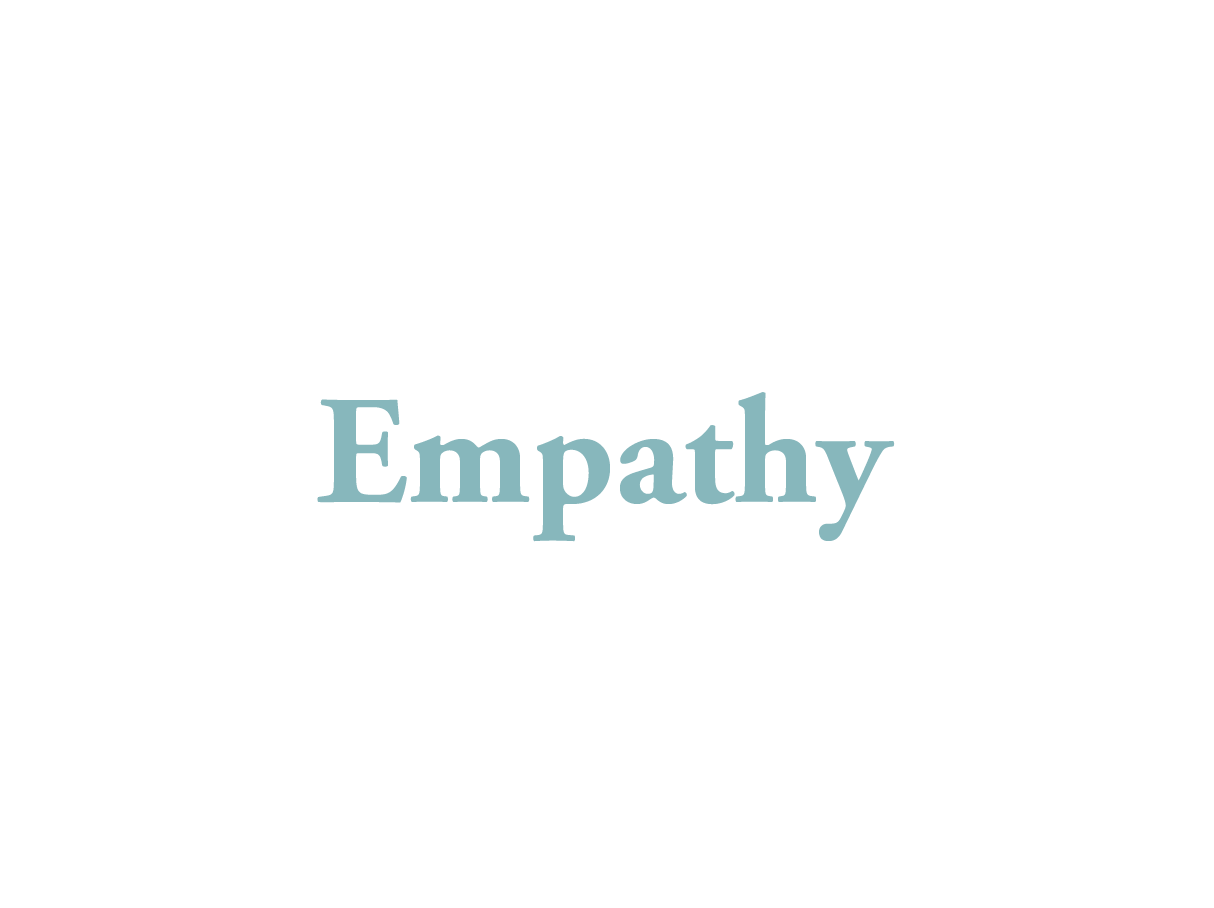

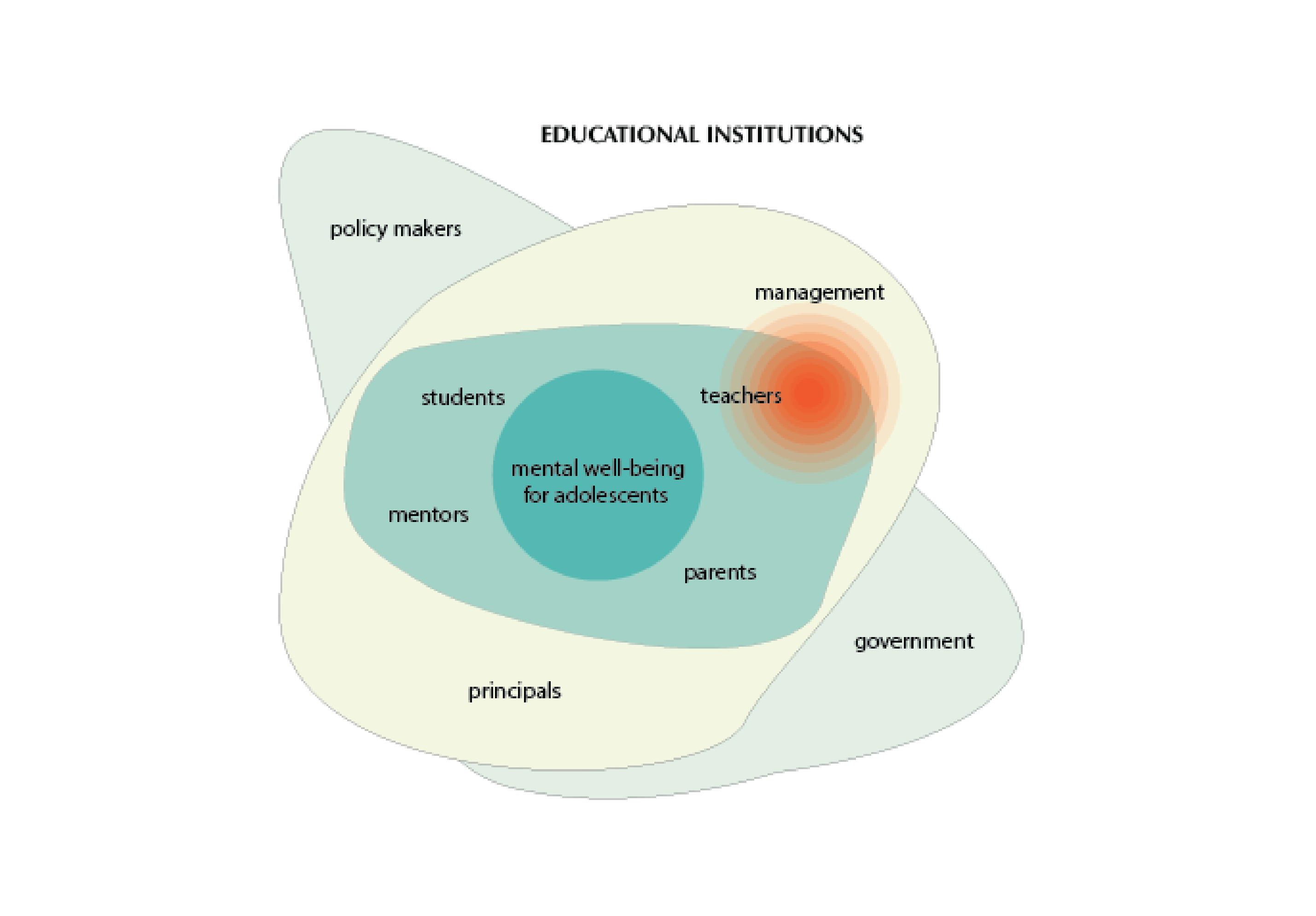

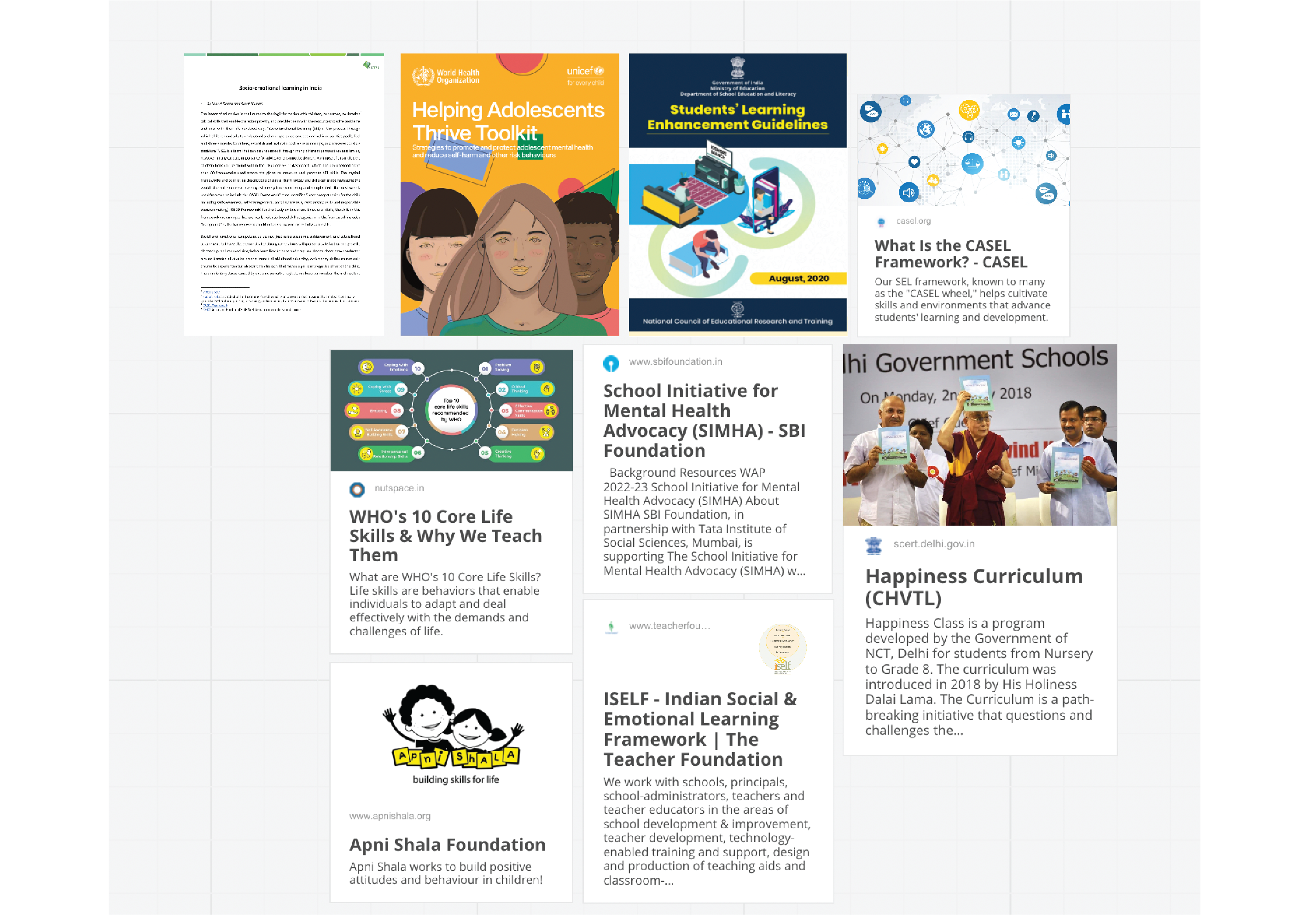
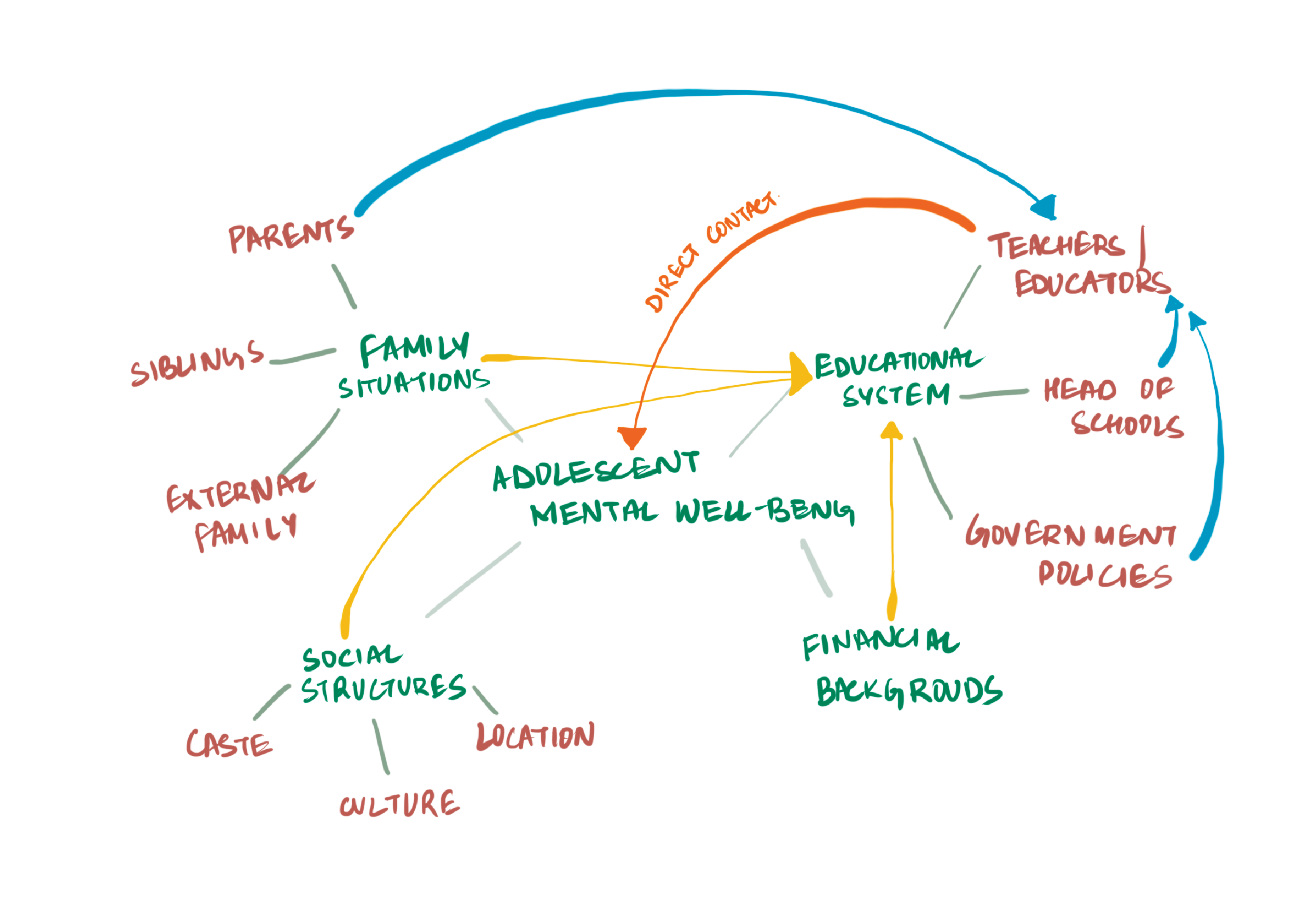
R E S E A R C H M E H O D S
The nature of this project has been extremely dynamic and personal. This project is presented as a mix of lived experiences of informed individuals, my own autoethnography, and desk-based research. It became apparent during the this phase that there are plenty of curriculums and initiatives being introduced in the education system, but effective implementation of these curriculums is lacking.
Please click on the link towards the end of this page for a detailed document of this project.
T H E C O N C E P T
Teachers are the software of this system. They are potentially the only bridge that connects the work that is being done to improve adolescent mental well-being and its delivery. Is it then fair to ask how are they doing? Why have we not tried to look at this segment? Should we then get a better understanding of teachers' mental well-being? If we expect them to execute such positive initiatives, shouldn’t we first try to understand their state of mind?
It is under their guidance does a student grow up to be not only a technically well-educated individual but also a whole unique personality. To reach a destination of an emotionally sustainable life for the coming generations, we first need to address the road bumps that come our way.
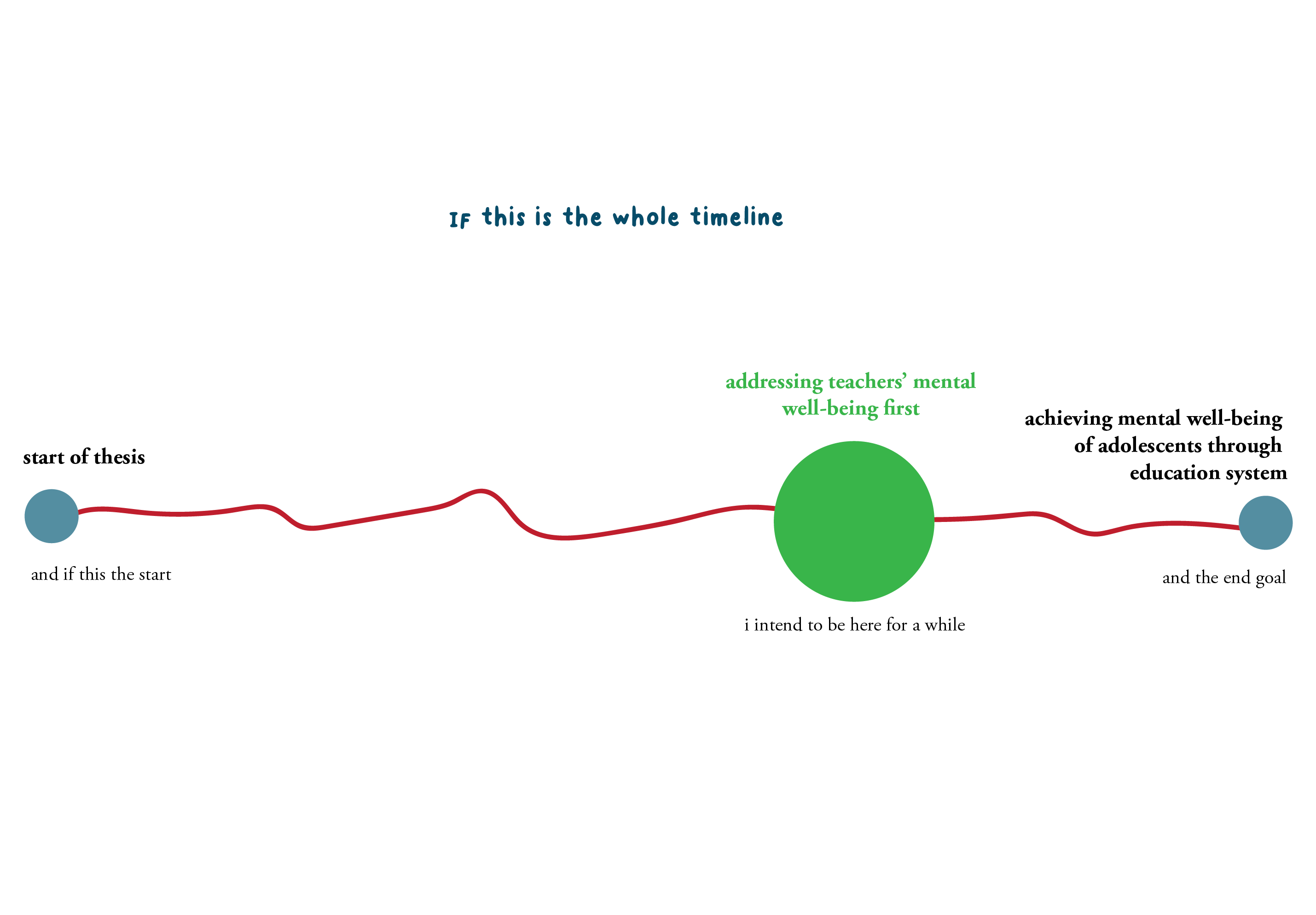
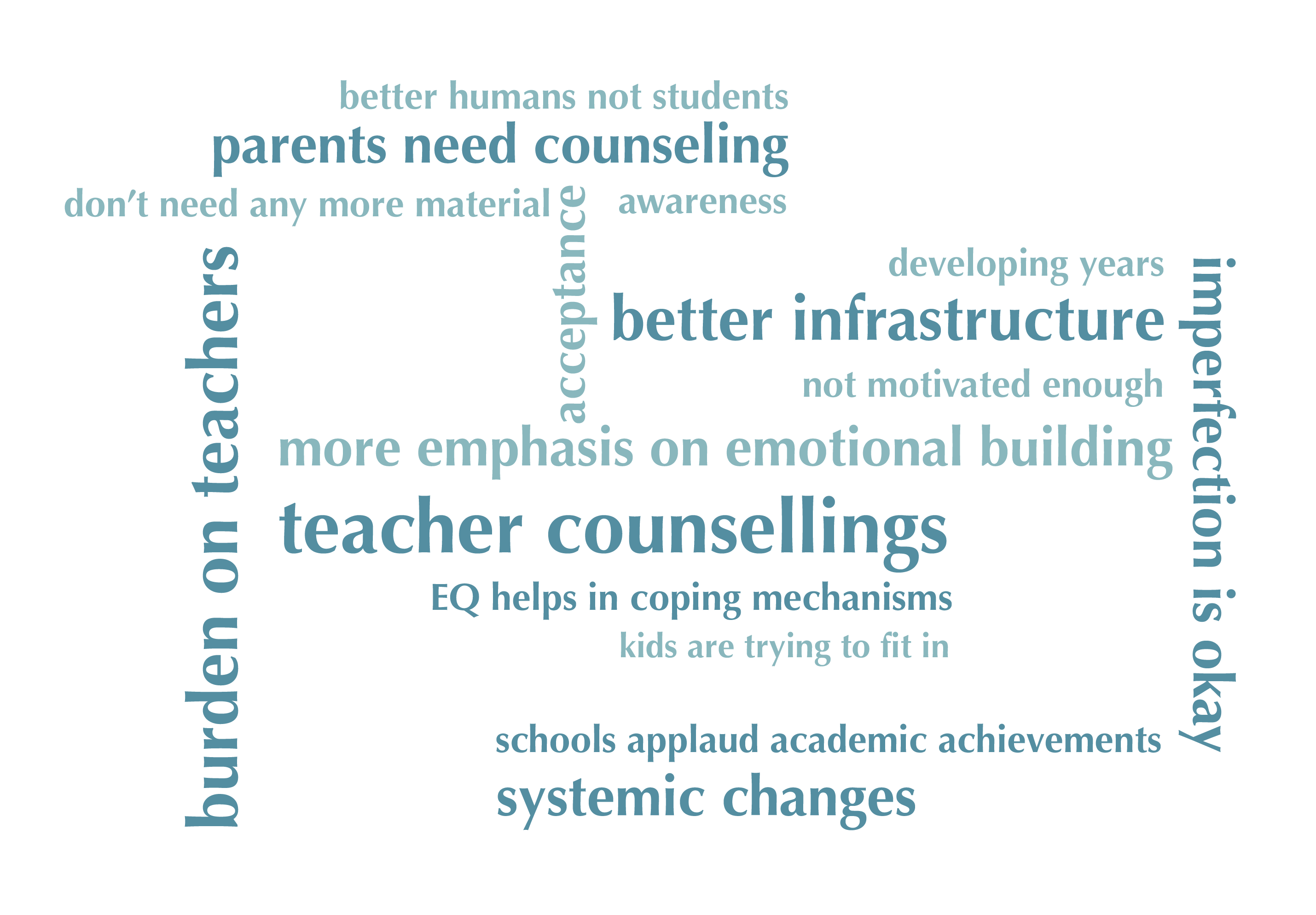
T H E I D E A
A staffroom is one place where teachers have no restrictions. It is their safe space where they have freedom of speech and thoughts. It is also a place that is shared by fellow teachers, all coming together for the same purpose.
Talking about mental health is not easy, especially when we are trying to target a group that is often overlooked. Keeping the context of a staffroom or even a classroom in my mind, I wanted to think of ways where conversations about teachers' mental well-being could also be part of that space.
Just as we intend to make mental health tools fun and impactful for children, the same should be applied to teachers. They deserve a little break from their routines to introspect on their mental well-being.
T H E F U T U R E
Easily, prompt cards are one of the best ice-breaker games that many are familiar with. Holding on to the same concept such as this, I began to think of a version that could be introduced in school staffrooms. Taking it in an Indian context, not one set of cards would work in every educational institution but to begin with, I imagined a deck of cards that prompted a very small group of teachers, coming from similar education systems, to have conversations with each other, their students, and some bits of it with themselves about mental well-being.


There are 3 segments that make up this card deck
Play with: Peers (lime),
Students (sage),
Notes to self (blue)
and wild cards (purple)
The questions/prompts were meticulously co-designed with a part-time young teacher.
We wanted each card to leave an impact on the person it was directed toward while
also having meaningful conversations.
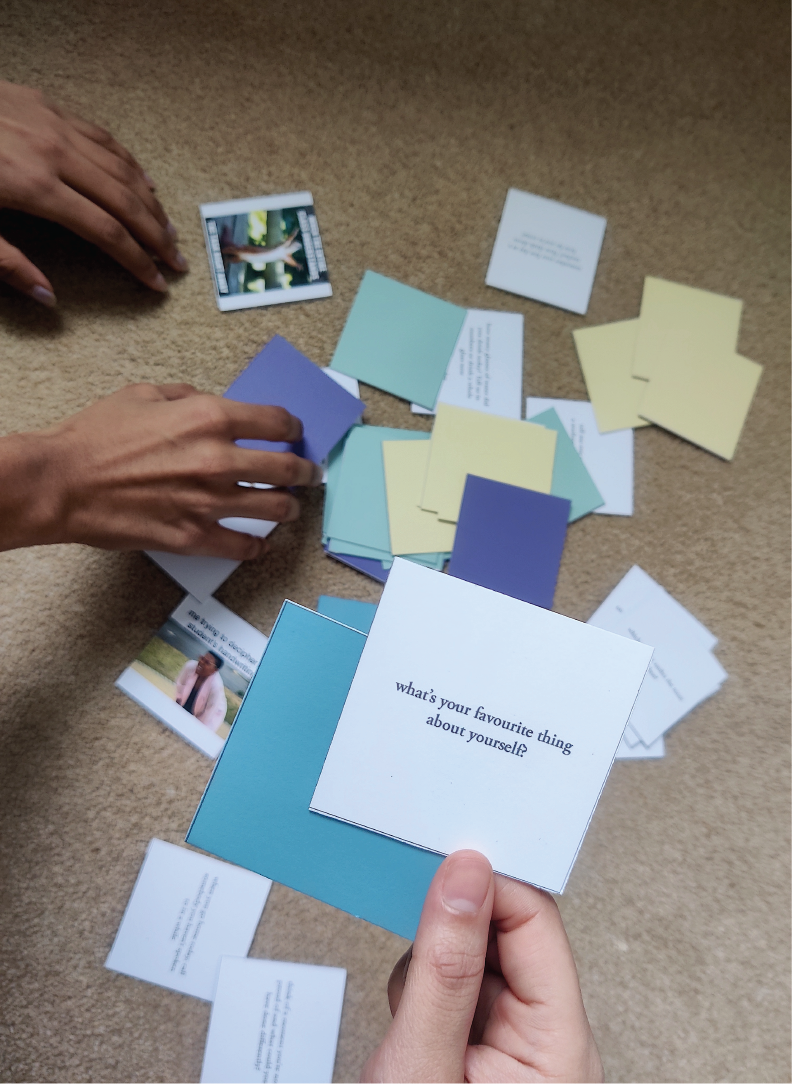

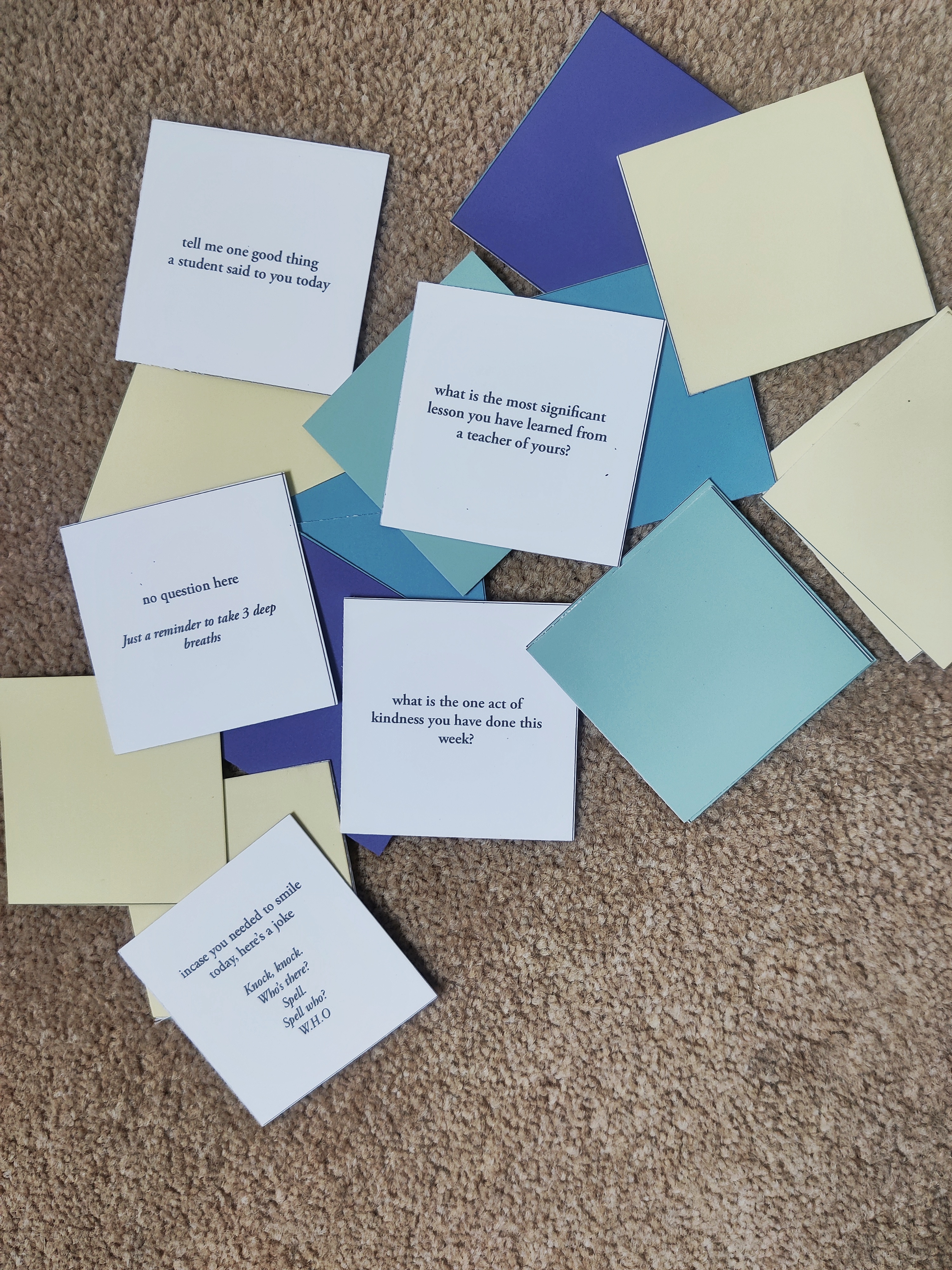
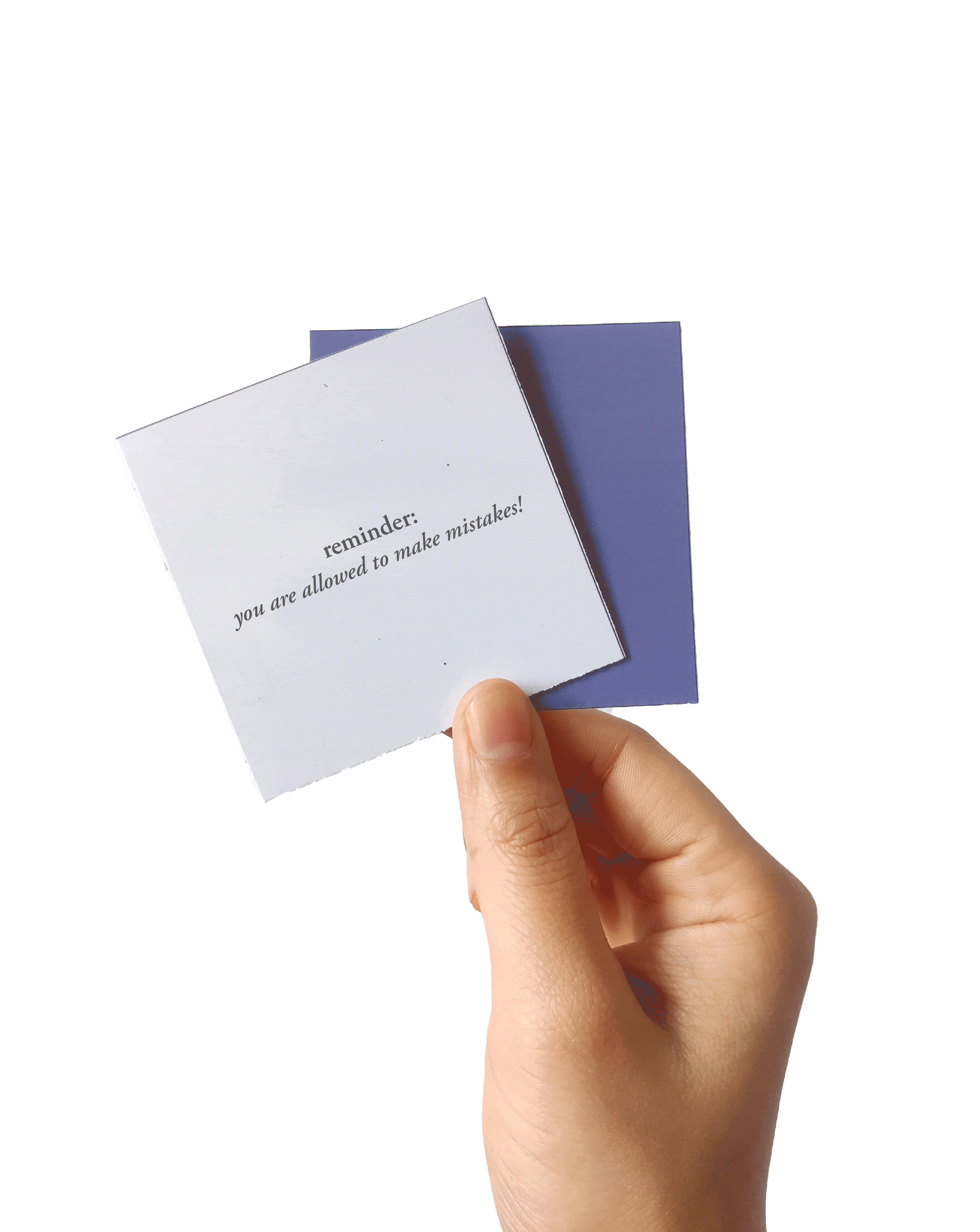
In today’s time, when working conditions are so uncertain, a tool like this could also be adopted online. The idea behind coming up with this work-in-progress 'outcome' is to first make teachers comfortable with having conversations about mental health and well-being. We need to start small before we can start thinking of making big changes to the system.
Find the entire Process Document and Report for this project on the link below!
https://drive.google.com/drive/folders/1mAcZ1L_INwyaDV7BM7kUl2wtjq58gpDl?usp=sharing